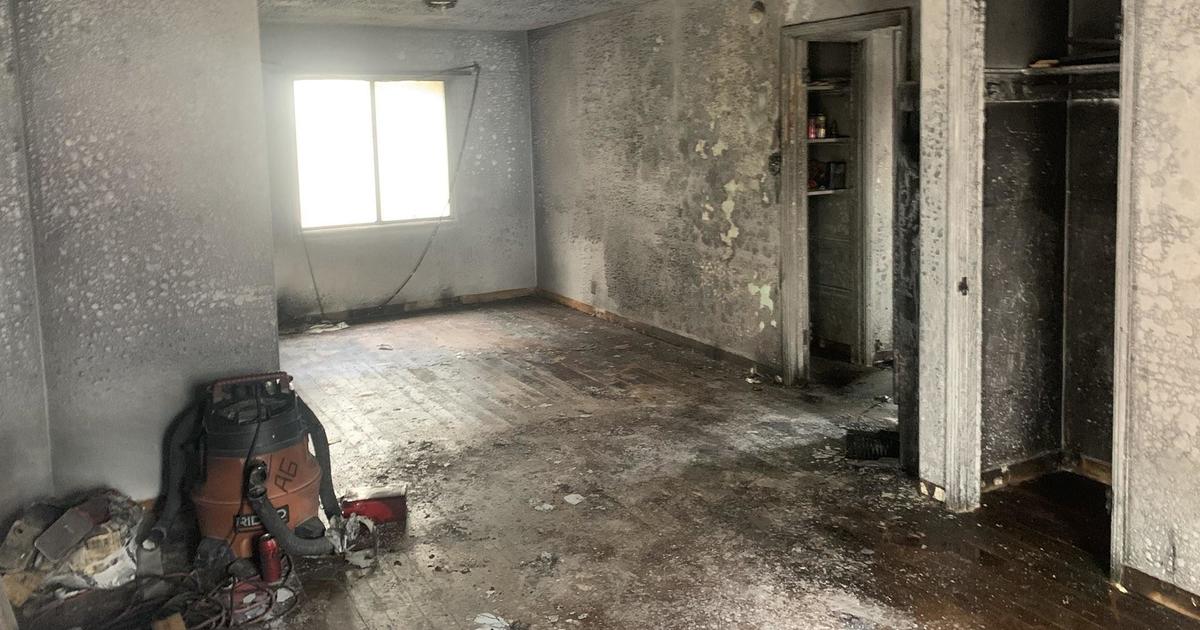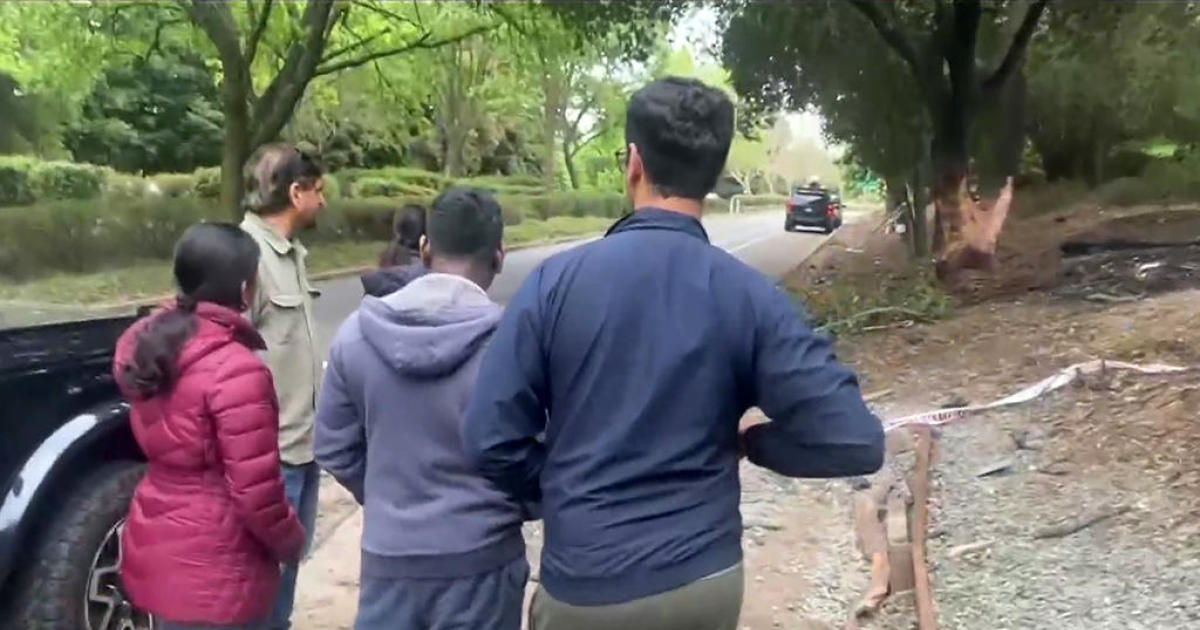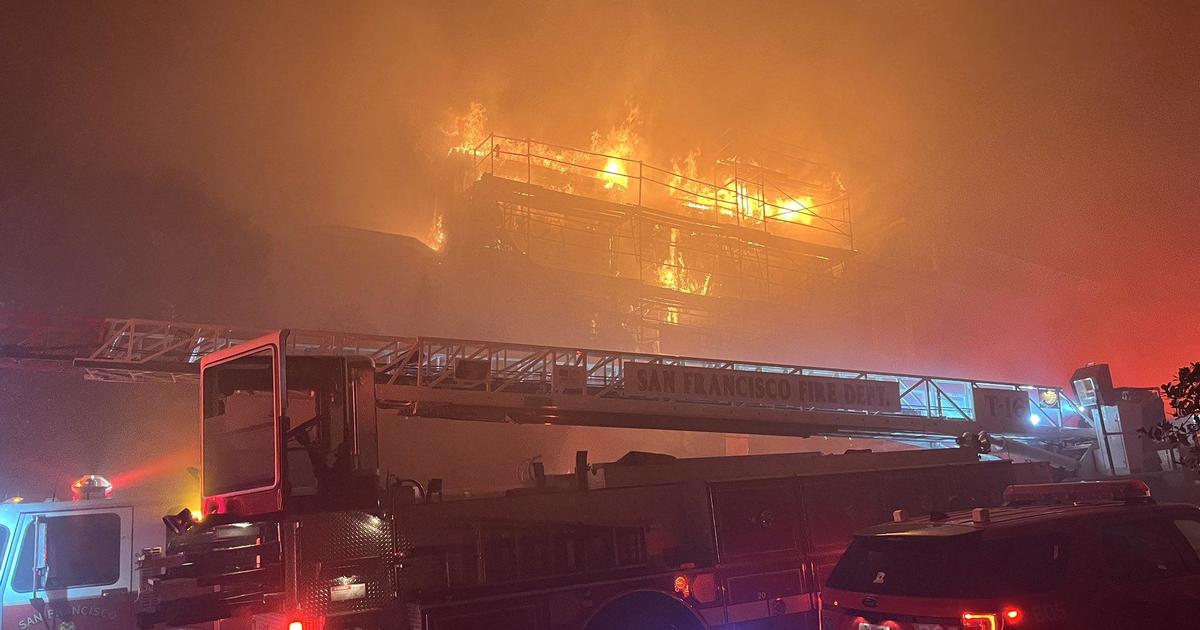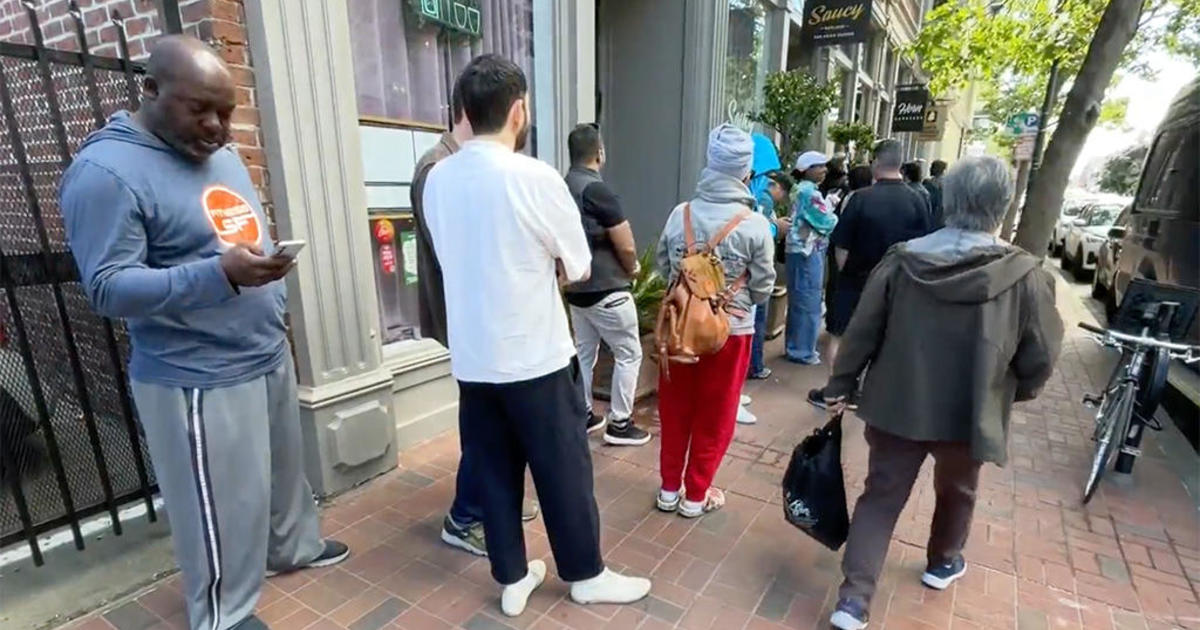Life In The Ghost Ship: Ex-Tenants, Visitors Describe Warehouse Conditions Before Fire
OAKLAND (KPIX 5) -- A clearer picture of life inside the ghost ship is emerging in the wake of the fire that tore through the warehouse that served as an illegal music venue, and artist live-work space, killing dozens of people.
"You could never tell how many people were in there because there were too many places for people to be," former resident Shelley Mack said.
For about five months - Mack was one of the residents inside Oakland's Ghost Ship.
"There are some people that paid $1,500 a month. Derek rented it from the owner, he collected rent money from us," Mack said.
And for that money paid to Derek Ion and his wife, Micah Allison, anywhere from 10 to 15 residents were given their own quarters inside the warehouse - an entirely improvised living and event space - described as a tangled stack of musical equipment and makeshift utilities.
"The bathrooms have propane tanks, they were heated by propane. Shortly after I moved in the transformer blew that's when I found out it was an illegal hook up to PG&E," Mack said.
"There were times where they didn't have running water at all," ghost ship visitor Danielle Boudreaux said.
Continuing Coverage: Deadly Oakland Warehouse Fire
Danielle Boudreaux used to be a regular visitor at the ghost ship - she says the living conditions often produced disagreements with residents, and a lot of turnover.
"Moving in moving out, that was sort of a constant revolving door," Boudreaux said.
"There was a high turnover because everybody that disagreed they kicked out and kept their stuff. It was like a hole that sucked in people that needed a place to stay, that needed affordable housing," Mack said.
But one ghost ship resident who helped host Friday night's party - defended ion and Allison in an interview with CBS News.
"Ultimately it should land on the property holders, they're the ones who gave us a space with messed up electricity," former resident Max Ohr said.
As investigators and the district attorney try to resolve questions of safety - and legality - another discussion has erupted - and that's role communities like this one play in the greater fabric of Oakland. Just where are struggling artists supposed to live, and who should be looking out for them if they land some place like this?
"The people that are saying oh it was just a wonderful kitschy place, they either didn't live there, or they get along really well with Derek and Mika," Mack said.
"The idea that the artists were poor and had no place to go. He exploited them, and took advantage of them. That's how I feel about it," Boudreaux said.



